Passion is universal humanity. Without it religion, history, romance and art would be useless
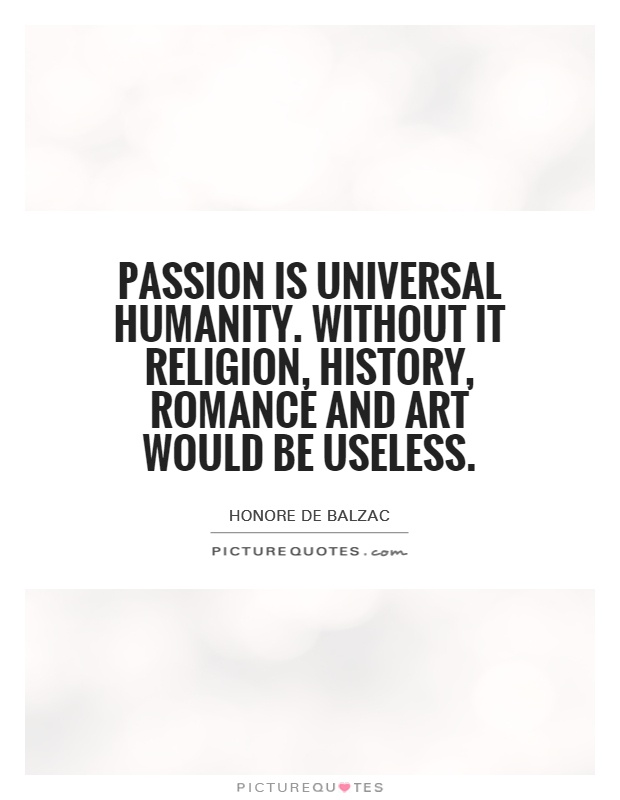
Passion is universal humanity. Without it religion, history, romance and art would be useless
Honore de Balzac, a renowned French novelist and playwright, understood the power of passion in shaping human experiences and driving creativity. In his works, Balzac often explored the depths of human emotions and desires, portraying characters who were driven by their passions to achieve greatness or succumb to their downfall. For Balzac, passion was not just a fleeting emotion, but a fundamental aspect of human nature that connected individuals across different cultures and time periods.In his novel "Lost Illusions," Balzac delves into the world of literature and journalism, depicting the struggles and ambitions of a young poet named Lucien de Rubempre. Lucien's passion for writing and desire for fame lead him down a path of deception and betrayal, ultimately resulting in his downfall. Through Lucien's story, Balzac highlights the destructive power of unchecked passion and the importance of finding balance between ambition and morality.
Balzac also explores the theme of passion in his novel "Eugenie Grandet," where he portrays the tragic consequences of unrequited love and greed. The titular character, Eugenie, is torn between her love for her cousin Charles and her father's obsession with wealth. As Eugenie's passion for Charles grows, she is forced to confront the harsh realities of her family's greed and the limitations of her own desires. Through Eugenie's story, Balzac illustrates the complexities of human relationships and the ways in which passion can both inspire and destroy.
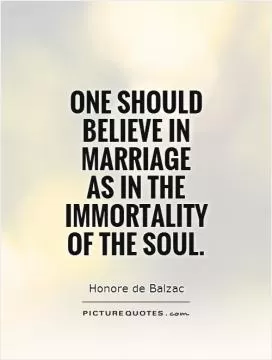
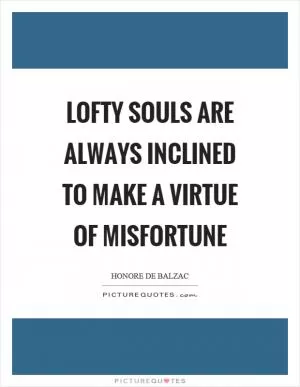
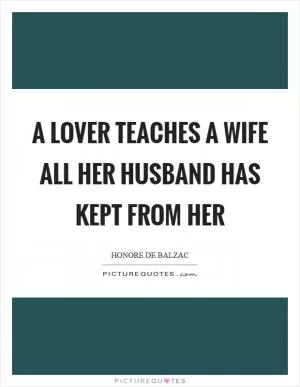
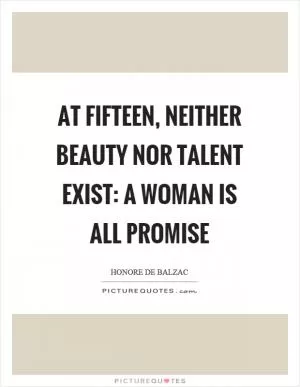
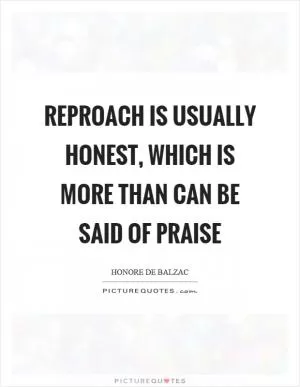
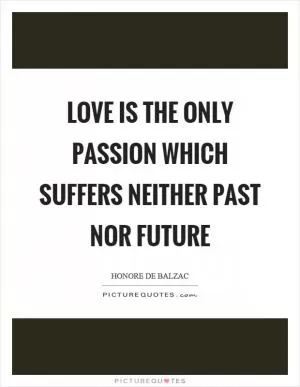


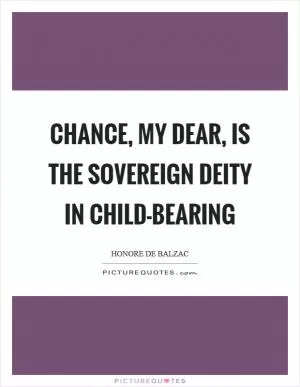



 Friendship Quotes
Friendship Quotes Love Quotes
Love Quotes Life Quotes
Life Quotes Funny Quotes
Funny Quotes Motivational Quotes
Motivational Quotes Inspirational Quotes
Inspirational Quotes